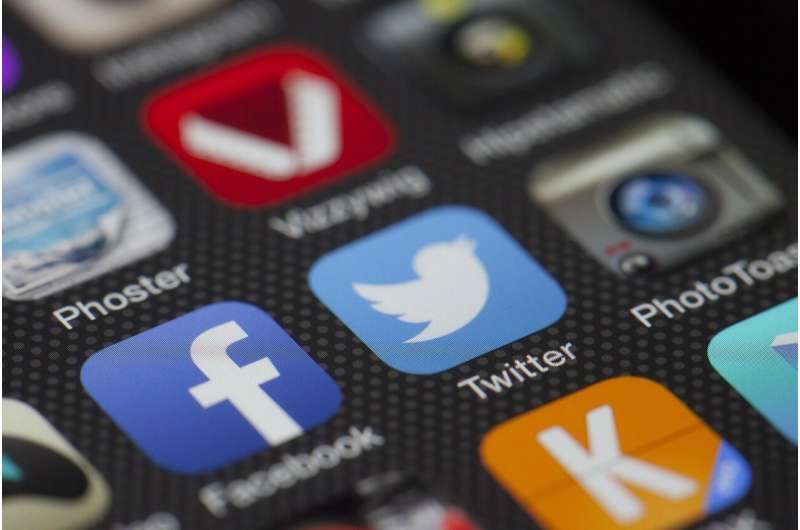Credit: CC0 Public Domain
Toggling between viewing entertainment and social media lessens a person's ability to escape reality and enjoy a show, according to a new University of Connecticut study.
Researchers studied an experience that has become increasingly common: More than half of television viewers aged 18 to 24 use a second screen web-connected device for engaging on social media to discuss what they are watching, according to previous research.
The new study, conducted by a team in the Department of Communication and published in the Journal of Broadcasting & Electronic Media, found the most significant impact of two-screen experience was on viewers' ability to "transport" into the narrative and become immersed in the televised story.
"Despite its popularity, live-tweeting has potential pitfalls on audience experience," says Saraswathi Bellur, assistant professor in communication, who collaborated on the study with Suji Park, UConn Ph.D., and Xiaowen Xu and Brenda Rourke, doctoral candidates.
For the study, researchers separated 230 college students into two groups. One group watched the television show Friends while tweeting; the other group watched the same show without tweeting. Those tweeting were asked to send at least five messages during the half-hour broadcast.
Afterward, both groups completed a survey about the experience.
Compared to those engaged in media multitasking, participants consuming only one medium were more likely to experience "transportation" into the content and, in turn, more intensified emotions.
Given the prevalence of television shows that actively initiate social media conversations among viewers by promoting conversations, more research needs to be done, say the authors.
More information: Suji Park et al. Do You Enjoy TV, while Tweeting? Effects of Multitasking on Viewers' Transportation, Emotions and Enjoyment, Journal of Broadcasting & Electronic Media (2019). DOI: 10.1080/08838151.2019.1622340
Provided by University of Connecticut




















